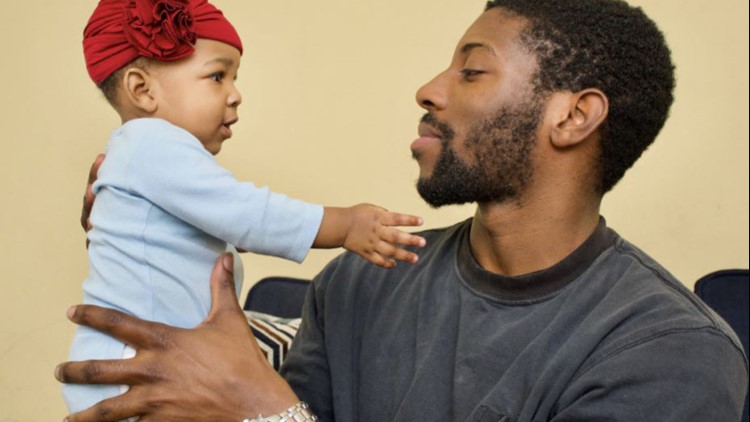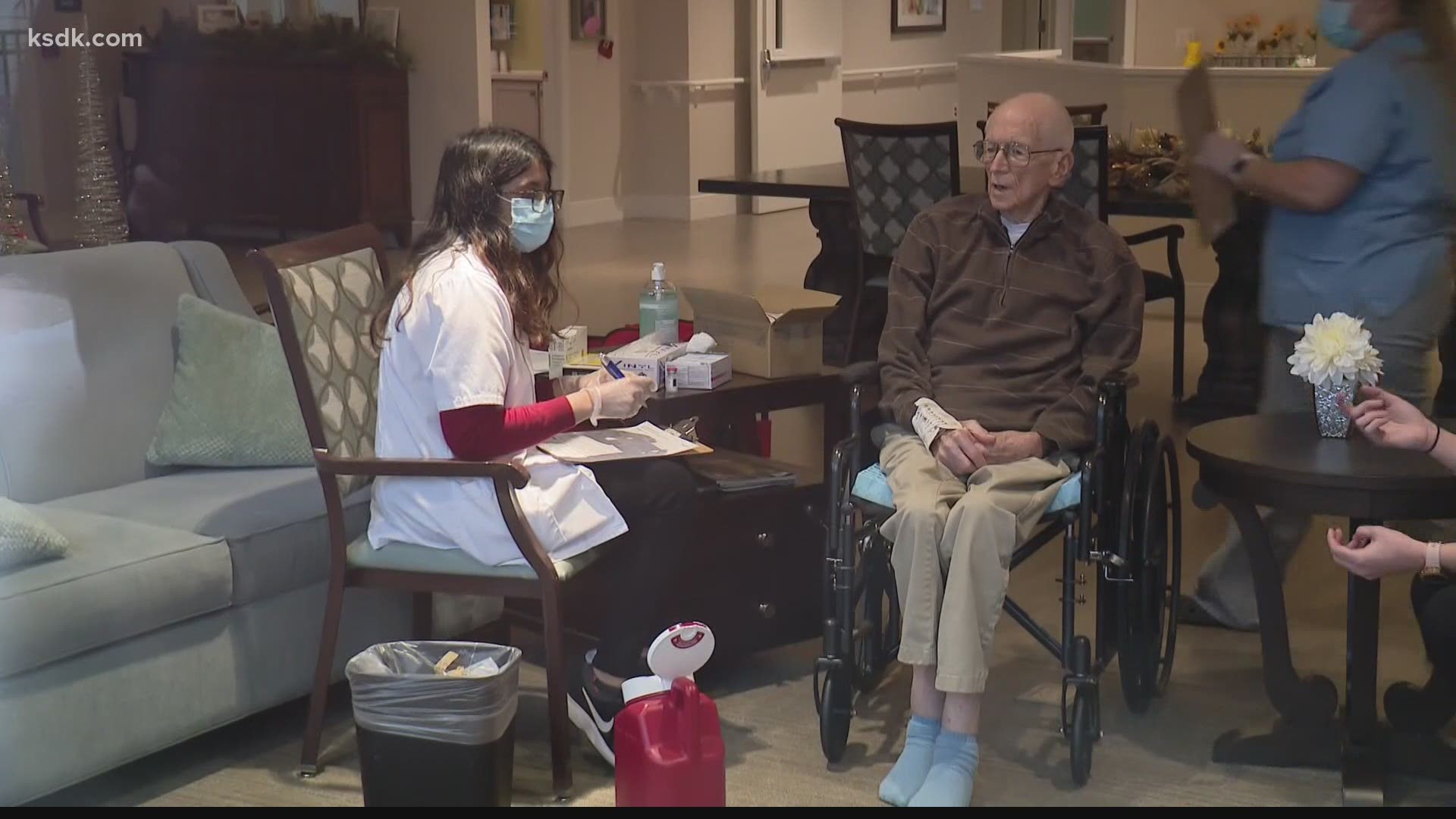ST. LOUIS — It’s obvious that Halbert Sullivan, 69, founder and CEO of Fathers & Families Support Center, is proud of his nonprofit’s growth.
Just beyond the foyer, Sullivan points to the suite of classrooms where fathers learn to address relationship violence, improve their parenting skills, communicate better with their children’s mothers and much more.
The agency moved last year into its $4.5 million, refurbished headquarters at 1601 Olive St, in downtown St. Louis.
Behind a spiral staircase, affirming quotes are attached to the oval-shaped “Wall of Wisdom.” There, quotes like, “A family that prays together stays together,” complement Sullivan’s oratory about the agency’s evolution from the Father’s Support Center to its current incarnation.
“For the past four years, we’ve been working with moms. We also started a youth program back in 2002,” Sullivan said. “Since we’ve been working with the entire family, it made sense to change the name.”
How has the coronavirus pandemic effected his clientele? Sullivan laced his fingers and spoke solemnly.
“The pandemic has had a huge, negative impact on Black fathers. Our demographic, for the most part, are employed in lower-economic jobs. They don’t have jobs where you can use technology and work from home. Most have to be there.”
Because African Americans disproportionately comprise the number of “essential workers” in frontline industries such as grocery stores, restaurants and warehouses, to “be there” means some fathers stay away from their children to avoid the risk of spreading the virus.
Then there’s the economic downturn that has robbed many of their incomes.
“Losing jobs causes negatives for the father’s family because there’s one less piece of money coming into the home,” Sullivan said. Many of his clients, he added, are the ones in need of rental or utility assistance.
Because of unemployment and court systems that have been altered by shelter-in-place orders, some fathers find themselves unable to comply with custodial arrangements, which brings more stress on families.
The center has had to adapt to help fathers meet the virtual requirements of family courts. The center also moved from face-to-face classes to offering the six-week curriculum virtually.
Fathers who don’t have a computer or smartphone are given tablets so they can attend classes and court sessions through applications like Zoom.
Still, Sullivan said his job, even in a pandemic, “is a joy.”



